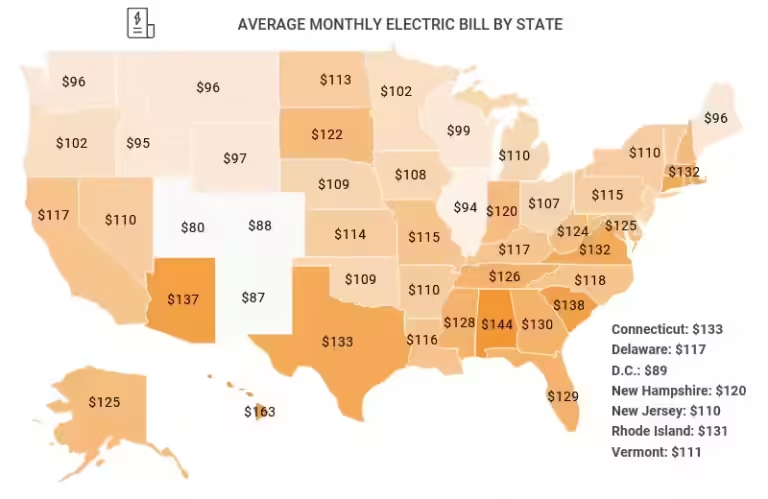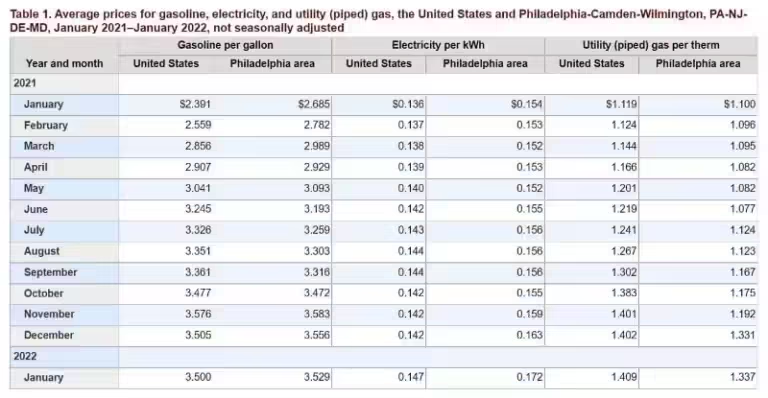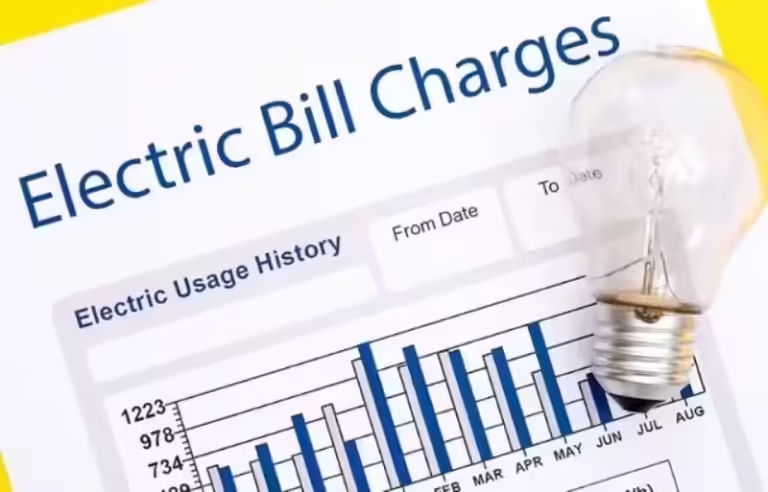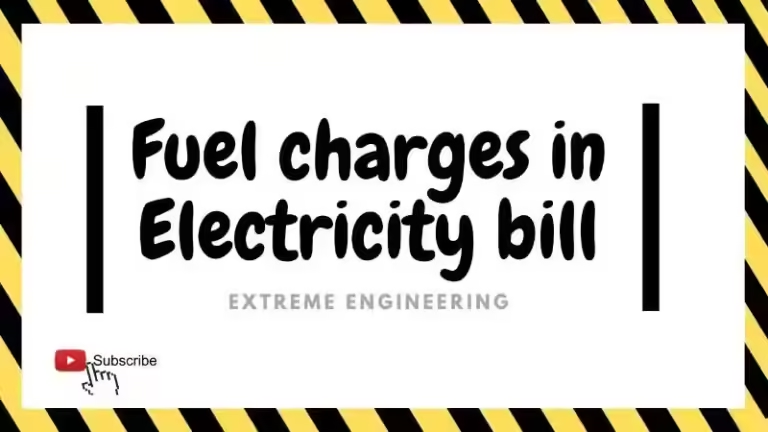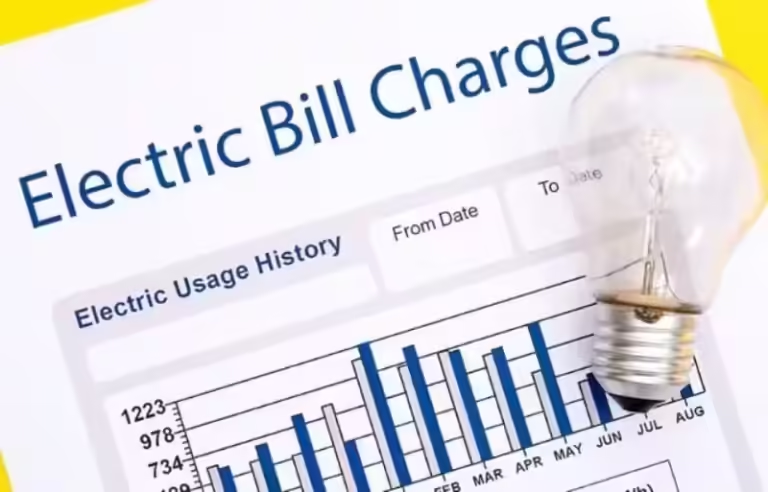Understanding Your Average Consumers Energy Bill in Michigan
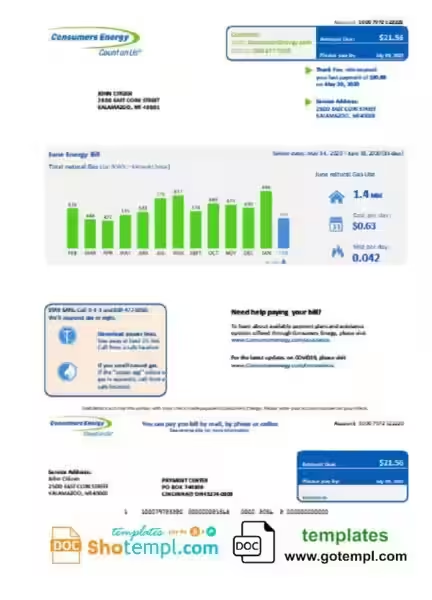
Navigating the world of energy bills can feel like a maze, especially when you're trying to make sense of your average Consumers Energy bill in Michigan. Bills fluctuate, and it's natural to wonder what factors contribute to those changes. This guide will demystify your energy bill, helping you understand the components, find ways to save, and make informed decisions about your energy usage.
Decoding Your Consumers Energy Bill
Your average Consumers Energy bill in Michigan is a snapshot of your household's energy consumption. It details the amount of electricity you've used during a specific billing period, along with the cost of that usage. Here's a breakdown of the essential components:
1. Usage
This section outlines your total electricity consumption in kilowatt-hours (kWh) for the billing period. kWh is a unit that measures electricity usage. The higher your usage, the more electricity you've consumed, and the higher your bill will be.
2. Rate
The "rate" reflects the price per kWh you pay for electricity. Consumers Energy offers different rate plans to cater to various usage patterns and preferences. Some plans have fixed rates, while others have variable rates that fluctuate based on market conditions. Understanding your rate plan is crucial to managing your average Consumers Energy bill.
3. Charges
This section details various charges that contribute to your total bill. These can include:
- Distribution Charges: Costs associated with delivering electricity to your home.
- Transmission Charges: Costs for transporting electricity across the power grid.
- Customer Charges: Fixed monthly fees for maintaining your service connection.
- Taxes: State and local taxes on your energy usage.
4. Credits
Sometimes, your bill may include credits. These can be from various sources, such as:
- Energy Efficiency Programs: Rebates or discounts for participating in energy-saving initiatives.
- Renewable Energy Credits: Credits for using renewable energy sources.
- Bill Adjustments: Credits for overpayments or billing errors.
Factors Influencing Your Average Consumers Energy Bill
Your average Consumers Energy bill in Michigan is influenced by a combination of factors, including:
1. Seasonal Changes
Michigan's climate can significantly impact your energy usage. During the summer, cooling your home with air conditioning drives up energy consumption. Conversely, heating your home during the winter months increases your heating costs.
2. Appliance Usage
Energy-intensive appliances like refrigerators, ovens, and water heaters contribute significantly to your overall electricity usage. Older appliances tend to consume more energy than newer, energy-efficient models.
3. Personal Habits
Your daily routines influence your energy consumption. Leaving lights on in empty rooms, overusing electronics, and neglecting simple energy-saving measures can all contribute to higher energy bills.
Tips to Lower Your Average Consumers Energy Bill
While your average Consumers Energy bill in Michigan is influenced by various factors, you can take proactive steps to reduce your energy consumption and save money. Here are some practical tips:
1. Embrace Energy Efficiency
Upgrade to energy-efficient appliances, install LED light bulbs, and seal any air leaks in your home. These simple actions can significantly reduce your energy consumption and lower your bills.
2. Reduce Phantom Load
Many electronics continue to draw power even when turned off. Unplug devices when not in use to eliminate this "phantom load" and save energy.
3. Optimize Heating and Cooling
Adjust your thermostat to save energy, use ceiling fans to circulate air, and open windows for natural ventilation when possible.
4. Consider Renewable Energy
Explore solar panels or other renewable energy options to reduce your reliance on traditional electricity sources and potentially lower your average Consumers Energy bill.
5. Participate in Energy Saving Programs
Consumers Energy offers various programs to help customers save energy and money. These programs may include rebates, incentives, and energy audits.
Understanding your average Consumers Energy bill in Michigan is crucial for managing your energy costs. By understanding the components, identifying key influencing factors, and implementing energy-saving strategies, you can take control of your energy usage and make informed decisions that benefit your wallet and the environment.
What is the average consumers energy bill in Michigan?
It is impossible to give a single average energy bill for all Michigan consumers. The cost of your energy bill depends on several factors, including:
- Your home's size and insulation: A larger or poorly insulated home will use more energy.
- Your energy usage habits: How much you use appliances, lights, and heating/cooling systems.
- The rate plan you choose: Different plans have different pricing structures.
- The time of year: Energy costs can fluctuate based on demand and weather conditions.
To get a better idea of your potential energy bill, you can use Consumers Energy's online tools to compare different rate plans and estimate your energy costs. You can also contact their customer service team to discuss your specific needs and get personalized recommendations.

